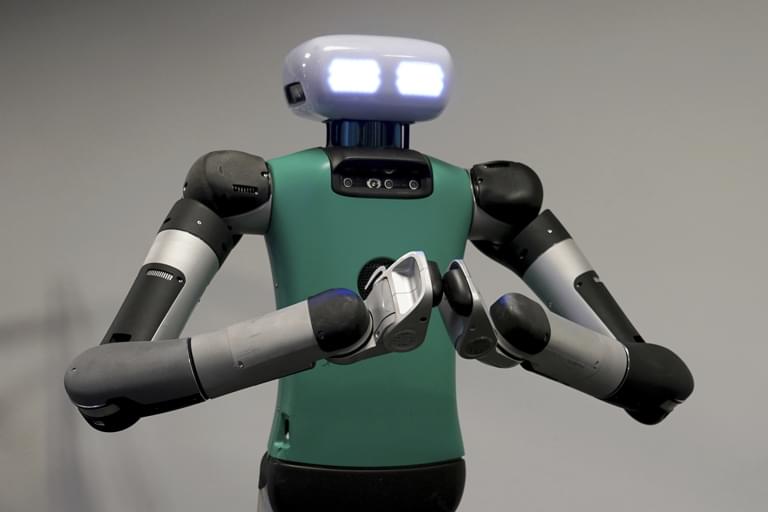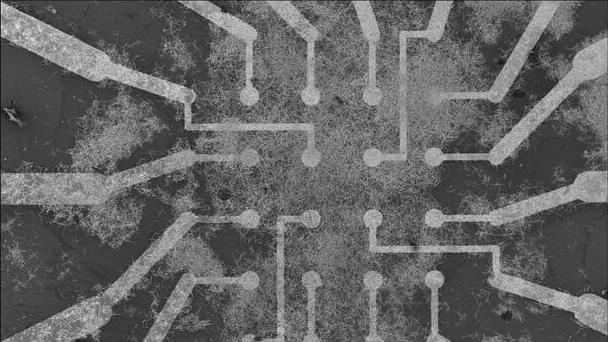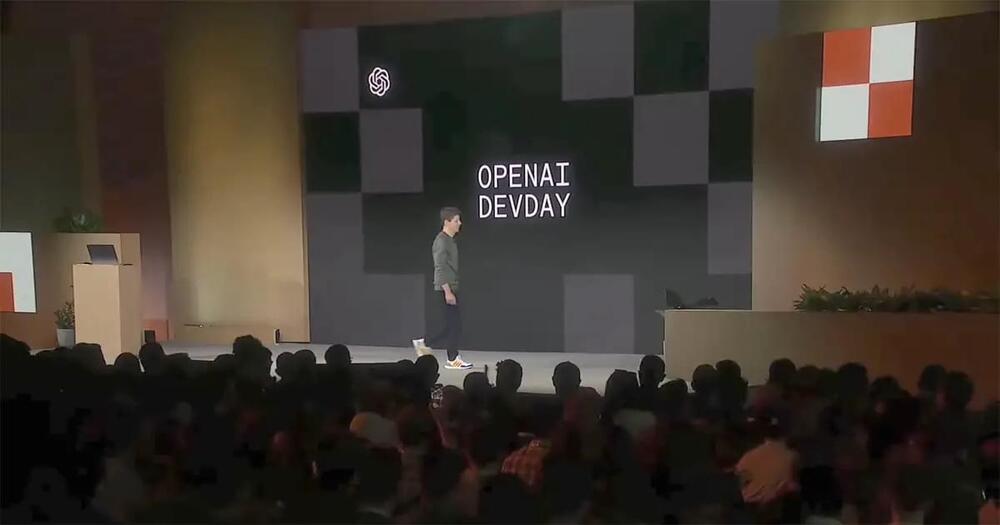The team’s research, including their code, data, and models, is now publicly available on GitHub. This open-source approach encourages the broader AI community to continue this line of exploration, potentially leading to further advancements in machine learning.
The advent of LeMa represents a major milestone in AI, suggesting that machines’ learning (ML) processes can be made more akin to human learning. This development could revolutionize sectors heavily reliant on AI, such as healthcare, finance, and autonomous vehicles, where error correction and continuous learning are critical.
As the AI field continues to evolve rapidly, the integration of human-like learning processes, such as learning from mistakes, appears to be an essential factor in developing more efficient and effective AI systems.









